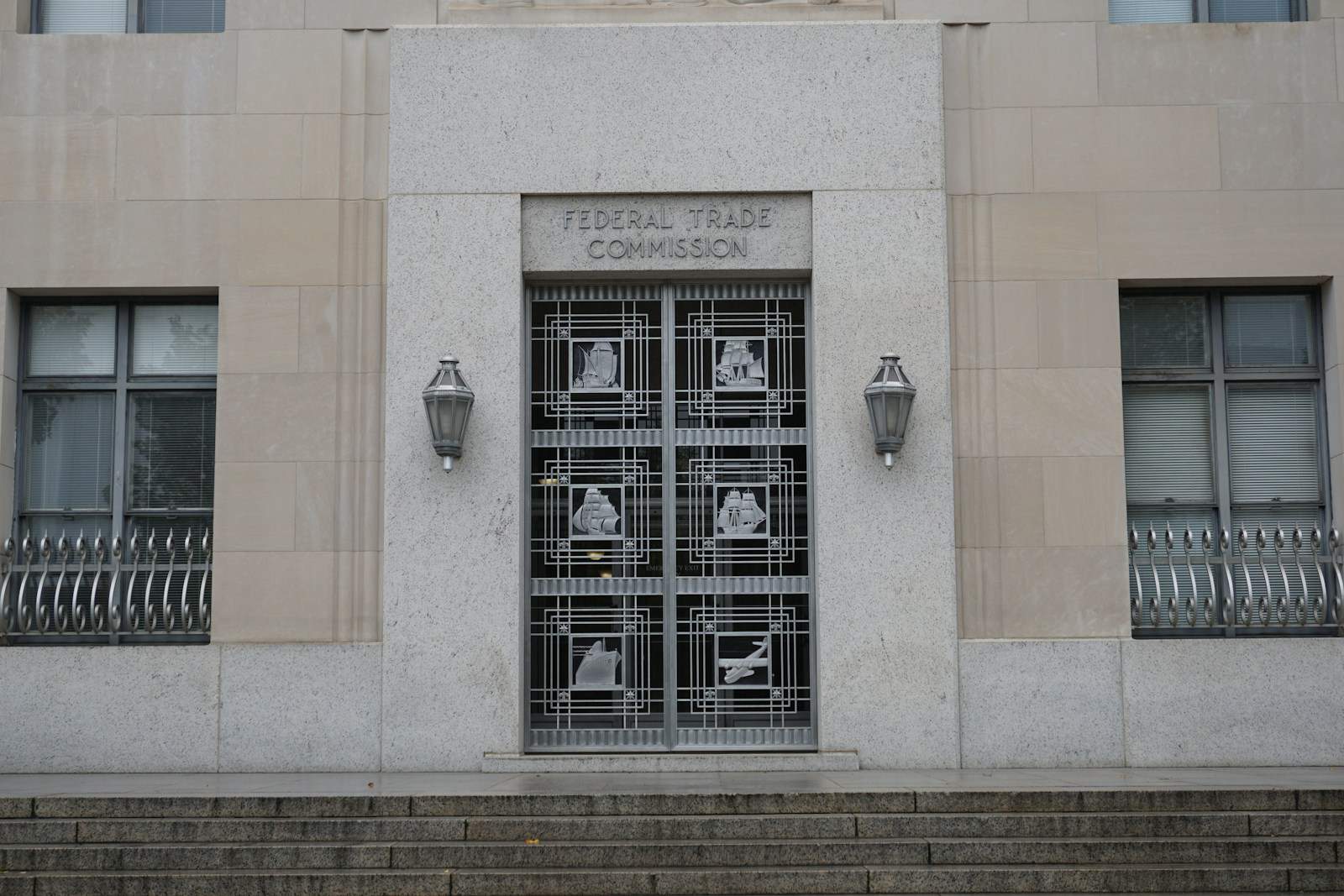
Photo by Ian Hutchinson on Unsplash
FTC Reveals How Grocery Retailers Survived Pandemic Supply Woes
March 22, 2024
Large grocery retailers didn’t just weather the storm of pandemic-related supply chain disruptions; they capitalized on them, as per the recent findings of the Federal Trade Commission (FTC). In a detailed report released on Thursday, it was revealed that the big players in the industry leveraged these disruptions to their advantage, leaving smaller competitors in the lurch.
According to the report, these retail giants maneuvered to ensure that suppliers favored them over their rivals, thereby consolidating their market dominance. What’s more, they didn’t hesitate to hike up prices under the guise of increased costs, all the while pocketing significant profits.
The FTC’s actions against large grocery chains, such as the recent lawsuit to block Kroger’s acquisition of Albertsons, underscore a broader effort by the Biden administration to tackle rising prices. President Biden has been vocal about his concerns regarding inflated grocery prices, pointing fingers at companies for what he terms as “price gouging” and “shrinkflation.”
The report highlights disparities within the industry, with smaller retailers facing more challenges in procuring products during the height of the pandemic. Large firms, on the other hand, employed tactics such as imposing stringent delivery requirements and threatening suppliers with fines to bolster their own stocks.
Despite the gradual easing of supply chain pressures, the report suggests that consumers are still bearing the brunt of elevated prices. Profits of food and beverage retailers soared during the pandemic and have remained high, prompting calls for further investigation by the commission and policymakers.
The disruptions in the food supply chain were profound, stemming from various factors, including increased demand, labor shortages, and transportation delays. This led to significant product shortages and skyrocketing food costs, with annual food inflation hitting a peak of 11.4% in August 2022.
While food price gains have moderated since then, the impact of the pandemic on the industry lingers. Companies are now adjusting their strategies, anticipating smaller price increases amidst consumer pushback and declining sales.
Ultimately, the FTC’s report sheds light on how large grocery retailers capitalized on pandemic-induced supply chain disruptions, raising questions about fairness and competition within the industry.
Recent News
Delta Seeks Outage Damages From Microsoft, CrowdStrike
The airline plans to sue both Microsoft and CrowdStrike for damages.
Sprouts Shares Positive Q2 Financial Results
Sprouts Farmers Market, Inc. reported robust second-quarter results ending on June 30, 2024.
Johnnie Walker Maker, Diageo, Posts Largest Sales Drop Since the Pandemic
As inflation and high interest rates force many to find ways to cut spending, it appears alcohol is also losing its buzz.
IKEA Focuses on Sleepeasy With New Pop-Up Event
IKEA U.S. is making new strides in the furniture retail market by launching The IKEA Sleepeasy, an immersive pop-up event that will take place in New York in August.
